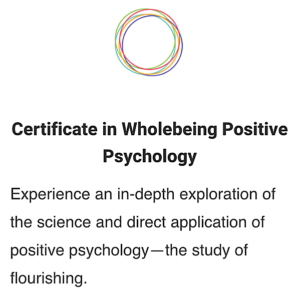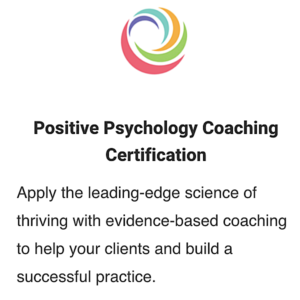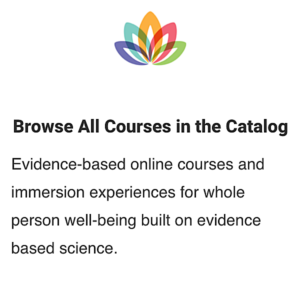by Braco Pobric
Many of us may have been told that we should smile more often. Studies suggest that smiling has multiple benefits on our well-being. But what if we fake a smile to purposefully introduce health benefits to our life? Is that possible?
That is one thing that Tara Kraft and Sarah Pressman, professors of psychology from the University of Kansas, researched in 2011. However, as usual, the study participants were told something else—the purpose of the study was how multitasking affects performance ability.
They recruited 170 participants for the study. The researchers asked them to perform two stressful tasks while holding pencils in their mouths. Heart rate and breathing were recorded by electrodes placed on the participants. Blood pressure was recorded as well.
The participants were assigned to groups with directions to hold the pencil between their teeth while smiling, frowning, or having a neutral expression.
All the smiling participants had lower heart rates and reduced stress during the recovery than the neutral group. The research suggests that maintaining a positive facial expression has both physiological and psychological benefits.
In addition to stress reduction, according to the Mayo Clinic, other benefits of smiling are an improved immune system, pain relief, and greater personal satisfaction.
Also, when we smile, we trick our brain into thinking we are happy. When our brain thinks we are happy, it releases dopamine, the “happy chemical.”
Shawn Achor recommends that we smile three extra times a day. By that he means that, in addition to our daily smiles, we should smile in situations that we do not normally smile, such as in meetings, during a sales pitch, etc.
According to Achor’s research, this one small change can create a huge return on investment, such as raising your social and emotional intelligence and improving your mood. We can all benefit in many ways from creating the smile habit. It is free and simple.
The Waking Up With a Smile Habit
The way we start our day defines it. Most of us have heard the expression, “Did you get up on the wrong side of the bed?,” and most of have had days where we feel and act like we did.
But the fact of the matter is that we decide whether we want to be happy in the morning or not. It may sound strange to some, but it’s true. We sometimes decide that we want to be unhappy in the morning because we have to go to work, because we did not get enough sleep, because our financial situation is not as we would like it to be, or any other number of reasons.
Research done by the late Robert Zajonc shows that facial expressions are a biological reaction that alters our blood as well as the temperature in our brain. So just making that smile, even if we don’t really have a reason to smile or even don’t want to smile, will create a biological reaction in our body. What a powerful tool we now have at our disposal!
To help myself wake up on the right side of the bed, I schedule a smile every morning. It is scheduled right before I go to sleep and delivered at 5:00 am every day. As soon as I hear my alarm, I smile, and keep it for a while. Whether I’m feeling happy or not, when I hear that alarm clock, I smile.
Let’s smile!
Braco Pobric is an author, life and executive coach, speaker, educator, and founding member and Chief Happiness Officer of the Institute for Advanced Human Performance. He is a certified Positive Psychology Coach and former certified trainer and coach for Dale Carnegie Training. He currently holds a leadership role with a global financial company, and lives in New Jersey with his wife, Nevenka, and their cat Ringo. This article is excerpted from Braco’s book Habits and Happiness: How to Become Happier and Improve Your Wellbeing by Changing Your Habits.


 Braco Pobric is an author, life and executive coach, speaker, educator, and founding member and Chief Happiness Officer of the Institute for Advanced Human Performance. He is a certified Positive Psychology Coach and former certified trainer and coach for Dale Carnegie Training. He currently holds a leadership role with a global financial company, and lives in New Jersey with his wife, Nevenka, and their cat Ringo. This article is excerpted from Braco’s book Habits and Happiness: How to Become Happier and Improve Your Wellbeing by Changing Your Habits.
Braco Pobric is an author, life and executive coach, speaker, educator, and founding member and Chief Happiness Officer of the Institute for Advanced Human Performance. He is a certified Positive Psychology Coach and former certified trainer and coach for Dale Carnegie Training. He currently holds a leadership role with a global financial company, and lives in New Jersey with his wife, Nevenka, and their cat Ringo. This article is excerpted from Braco’s book Habits and Happiness: How to Become Happier and Improve Your Wellbeing by Changing Your Habits.


